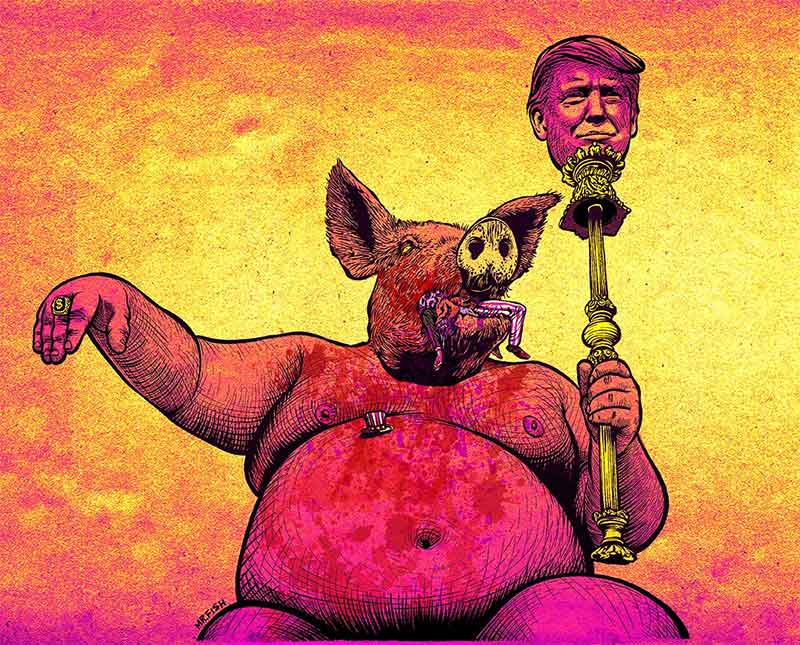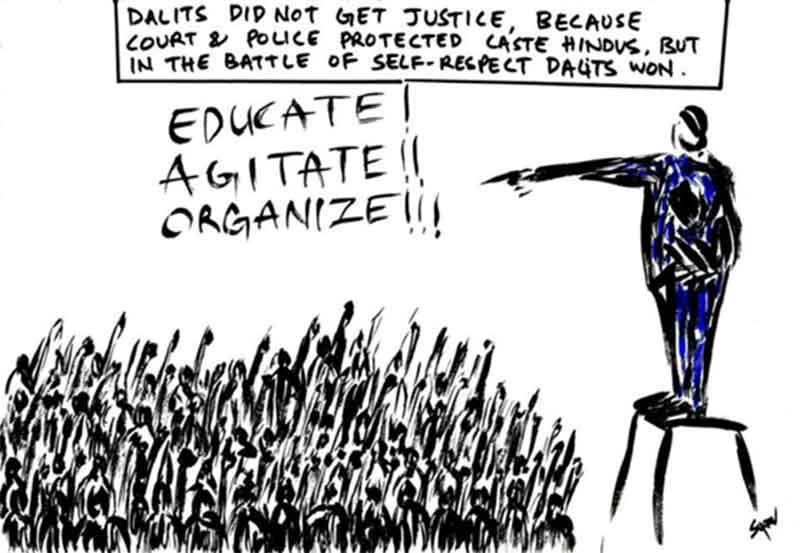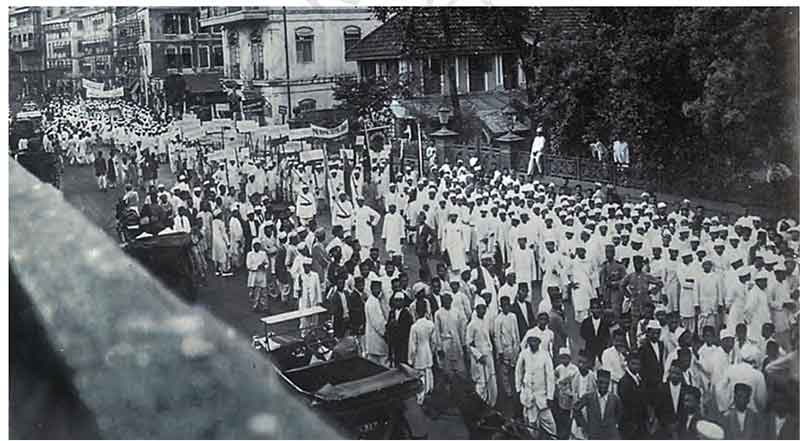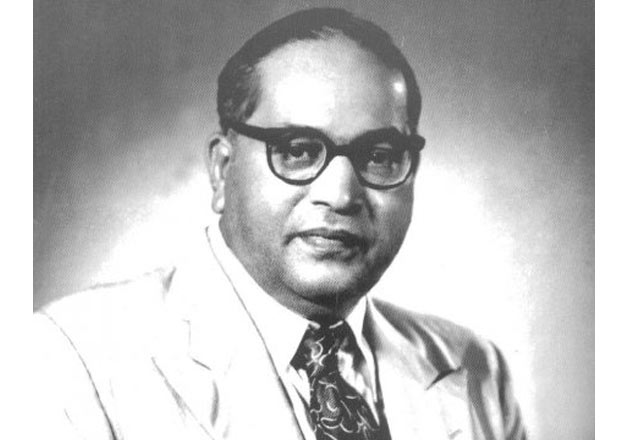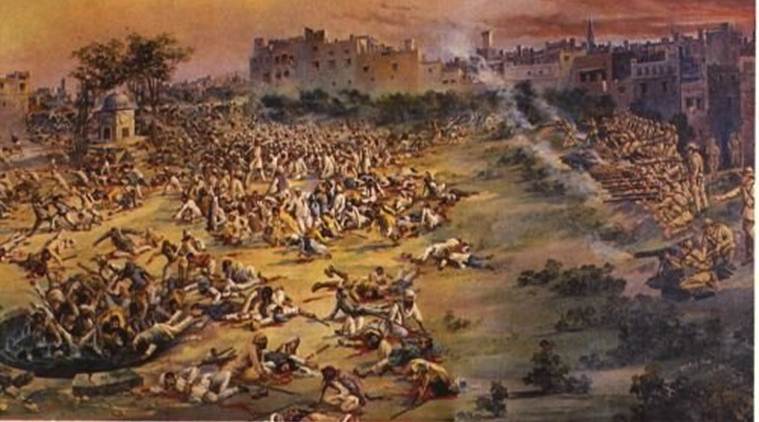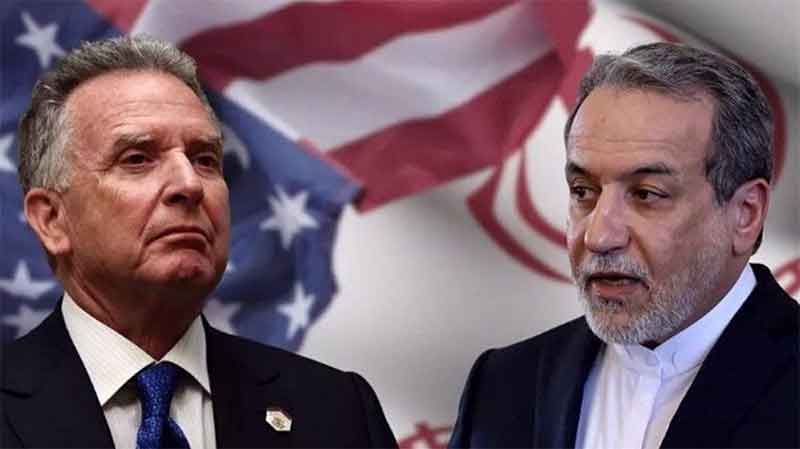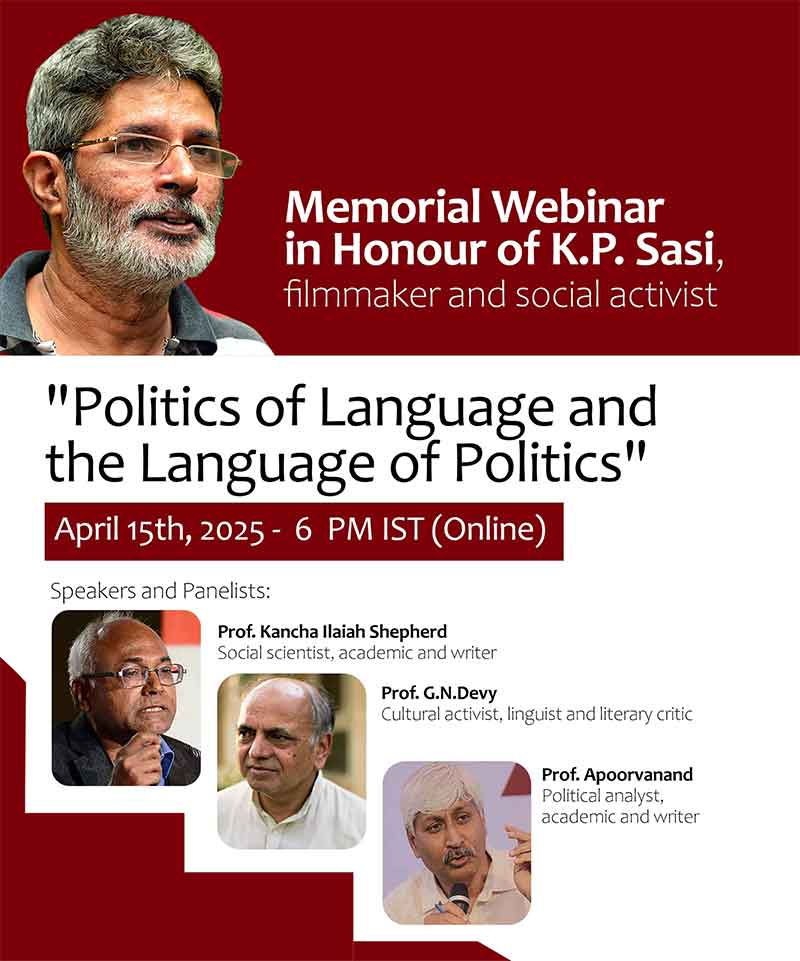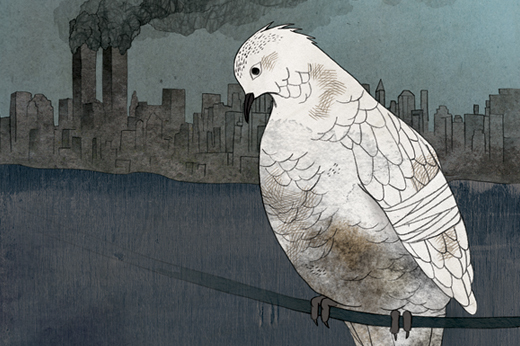
Introduction
Pacifism as a concept emerged during the 19th century. It is the philosophy of renunciation of war and the complete opposition to it under all conditions. We must try to understand the backdrop to the emergence of such a philosophy and why it emerged only during the 19th century. It evolved through the writings of John Ruskin and Leo Tolstoy. We shall first look at what the philosophy of pacifism was and what were the ideas of John Ruskin and Leo Tolstoy in connection with this philosophy. We shall then proceed to look at the world of today and the various conflicts plaguing it. Following it we shall try to look at an amicable solution to those problems through the application of the ideas of pacifism. Before concluding the paper a look shall also be glanced at the criticism of this philosophy and the basis on which such criticism is based.
It is an ideology which emerged during the 19th century in opposition to war and warfare. Pacifism is equivalent to the renunciation of any form of war whatsoever under any circumstances. The nineteenth century was a century of imperialism and because of being so,was fraught with wars for imperial expansion. The beginning of the century saw an ambitious Napoleon Bonaparte dominating the fray and steamrolling over the major European powers. Once the conglomeration of European powers defeated Napoleon at Waterloo, another fervor of violence initiated between those favouring the conservative order and those who wanted the new ideas of representative government to prevail.
Intertwined with these ideas was the growth of wars for territorial expansion fought between imperial powers like Britain, France, Italy and Germany. The seven years war for succession, the Crimean wars and the scramble for Africa were all part of these two kinds of wars. Another process at work was that of emerging consciousness regarding their own rights among the industrial workers who had mostly been exploited till that time since the inception of the industrial revolution. The workers especially in Europe began asserting themselves through various means like strikes but with the industrialists not wanting to lighten the weights of their purses these assertions often turned violent too. It was in this scenario that the society in general and the writers being the mirror of the society in particular began revulsion of the war. The problem with this extreme dislike of war or even a conflict was that it came about at a time when the subjugated populace was also beginning to brim with a nationalist fervor and it would only be natural for them to resist the exploitative powers to achieve independence for themselves.
Ruskin’s philosophy of pacifism
John Ruskin, one of the towering literary personalities of the Victorian era, had developed his own philosophy of pacifism. Though not completely averse to a conflict his main aim was an amicable resolution of these conflicts. Ruskin’s ideas about conflict resolution and what can be termed as a guideline for a conflictless society are contained in his famous book Unto This Last which appealed greatly to Mahatma Gandhi remaining one of his favourite texts till the last. John Ruskin’s philosophy had two important aspects which contributed to pacifism. One crucial aspect is underscored in his emphasis on preference of any matter through amicable resolution instead of using violence as a method. This has been emphasized in his thoughts put out in the most illustrious manner in his book Unto This Last. He has with the help of his four essays tried to prove how a political-economic system based on exploitation is futile and eventually wears down and thus, what needs to be developed is a system based on consideration for each other i.e. affection of humanity. When this kind of a system is developed it will not only serve the needs of the poor and the rich alike but also the gains arising from such a system will be long lasting ones for a nation. It is through consideration and the need for dialogue arising out of it which will prove helpful in resolving most of the complex problems either between two classes or between two nations.
In the second instance he speaks of war as necessary for art but that war must be a war of excellence meaning thereby a struggle within for improvement. He states three types of wars- 1- war as fun by which he means wars like those fought in the distant past when they were fought purely as a means of entertainment, 2- war as a means of acquiring territory by which he means the common wars mostly fought between two nations or those common in our times, 3- wars fought for self defence or to protect the sovereignty of one’s nation which according to him is the noblest form of war as it has no selfish gains at its helm but purely the intent of fighting for one’s nation. Thus, we saw Ruskin’s concept of pacifism the recurrent theme of which is the amicable settlement of conflicts and a peaceful society where no one is hand to mouth but equipped with the basic necessities of life.
Leo Tolstoy
Born in an aristocratic family of Russia in 1828 he was much fascinated by academics from the start and studied various languages and with them various ideas too. Made to serve in the Russian army during the Crimean war he had a first hand experience of war and warfare. If one looks at the three Sevastopol written by Tolstoy during these war years then apart from an evident literary fervor one finds an increased resentment towards warfare with successive Sevastopols. With the war over Tolstoy decided to devote himself to literary and philanthropic activities. This has been aptly summed up by the noble laureate Romain Rolland who says- “Tolstoy’s clear disillusionary gaze plumbs to the depths the hearts of his companions in arms, in them, as in himself he reads pride, fear and the comedy of those who continue to play with life by rubbing shoulders with death. Fear is stripped of its veils and shown in all its nakedness.” Returning to Yasnaya Polyana, he wrote the War and Peace which tells a tale of Napoleonic invasion of Russia during 1812 and so the author falls in love with the characters, suffers with them and dies with them, again reiterating his faith in complete abjection of violence. Anna Karenina, another masterpiece by Tolstoy tells a tale of a woman in whose consciousness he seeks the moral strength given by God and that of a man named Levin who is believed to be a manifestation of Tolstoy himself. The Death of Ivan Ilyich published in 1886 too reiterates the futility of warfare and the devastation it causes. Opposed to the dogmatic christianity as had emerged in Europe with the church blessing the state as well as the war, Tolstoy found solace in the Sermon of the Temple Mount from which he derived his Christian grounding for the argument in favour of non-violence. The complete renunciation of violence to the extent of turning the other cheek around if someone slaps on one cheek has been derived by Tolstoy and Gandhi from the Sermon of the Temple Mount. What appealed to Tolstoy was Christ’s message of riding the human heart from lust, fear and revenge. We find his religious beliefs in his stories like- The Kingdom of God is Within You, Where Love is God is etc. Tolstoy was firm in the Christian dictum- love thy neighbour and this we evince from his novel Hadji Murad and A Letter To A Hindu. He considered Africa and Asia also as neighbours quarreling with whom was not an option as no one can be happy until everyone is happy. For him the omnipresent God was within each human and thus, human dignity and love shall lead the way for how humans live.
Application of the precepts of pacifism to today’s world
With tolerance levels coming down by a huge margin, constant fear mongering among the people and hatred reaching a new high, pacifism feels all the more necessary in today’s world. Though Tolstoy believed any form of government to be non-desirous as he believed state using force in the form of government, even the most liberal form of government i.e. democracy has come under a renewed threat as authoritarian tendencies have been on the rise under the garb of democracy. From Erdogan’s Turkey to Modi’s India the civil liberties have been weaning and fear is being stoked among the majorities on absolutely irrational logic so as to antagonise them against a certain section of population which results in electoral gains for such parties which prolong their authoritarian stay in power through carefully designed campaigns for elections. Tolstoy’s repulsion to government was thought to be shared by the various leaders of the world in the middle of the twentieth century with the formation of the United Nations Organization which was to convert the entire world into a global village. However, things came to a halt at just that because even such an organisation was used for personal agenda making by the developed nations of the world. The concept of love thy neighbour, an important component of pacifism receded in the backdrop as the Soviet Union and America fought for their supremacy during the cold war. With the decline of the Soviet Union, America was able to establish its hegemony in the world order. Various conflicts on ethnic basis led to a large scale civil war ravaging many countries like Rwanda, Bosnia-Herzegovina, Kenya etc. Many other countries were infested with religious fanaticism which also led to much destruction in those countries. Capitalism also evolved and emerged as the most favoured economic model with even Communist powers like China adopting it. With global demands rising as well as a change in consumption patterns occurring, production increased and the principle of laissez faire being evoked at will, the conditions for the labourers became more and more unfavorable. Various interest groups emerged whose interests differed with each other but that shouldn’t have meant antagonism however it is exactly how these groups and their interests were perceived. Even now many of the problems arise because difference of opinion is considered antagonism. Applying John Ruskin’s principles of amicable resolution we can try to fix the working principles of capitalist organisations as well as a labour code for workers. Both trade unions and entrepreneurs would be helped by this. The impasse which we are currently witnessing between the farmers and the government of India over the farm bills can also be resolved by this principle as well as introducing the Tolstoyan principle here as his character Levin in Anna Karenina hears the peasant speak naturally of those who live not for self but for God.
The economic tug of war for which even cases are filed with the United Nations against various nations can also be resolved through the application of peaceful negotiations without antagonizing each other in case of difference of opinion so that decisions upon mutual benefits can be made. The nuclear race between various countries will also be stopped if pacifism is followed and so shall also stop the extravagant expenditure on defence. Arms race which has so often brought nations on the verge of a massive fight should be restricted with a view of a peaceful future ahead if not stopped altogether. However, we must remember one thing which is that self defence is a right of the nations and owing to this we can not entirely demilitarize the army of a nation because that will be a utopian situation with no nation fighting with the other. Security forces are also necessary for fighting global threats like terrorism which surely emanates from religious fanaticism and must be stopped at all costs. Thus, the principle of John Ruskin which considered war for self defence as a noble form of war shall also be applied alongside pacifism to bring about an effective synthesis helpful for the society and the human kind at large. For the principle of pacifism to flourish it is necessary to understand its precepts which includes a mutual respect for each other and for so doing we will be more compassionate to each other and will try to understand the other’s viewpoint instead of drawing daggers at each other as is the norm now a days. The Nehruvian government from 1947-64 can be an ideal model of a government as there were no attacks on any other nation but an army was kept strictly for self defence and nuclear energy for purposes beneficial to humankind was produced. Freedom of expression and respect for religions was an essential aspect because of which even despite the horrible memories of partition behind communal riots were quite less and even then in whatever number they occurred their numbers kept on decreasing. The communal riots which numbered 82 for the year 1956 went down to 26 for the year 1960 clearing indicating a better understanding of the other’s view as well as a charismatic and intelligent leadership at the top. Comparing this to the present scenario one is appalled not only by the lack of understanding and mutual respect but also the subsequent rise in the number of cases of communal riots which numbered 247 in Muzaffarnagar alone in the year 2014.
Criticism of Pacifism
Pacifism has been criticised almost since its inception because it limits war of any kind and does not take into account the fate of a large mass if they do not pick arms in their defence. The situation for the emergence of such philosophy as pacifism also gives the basis for its criticism. The philosophy born in opposition to imperialism does not take into account the aspirations of the colonized society which through armed struggle or as a mechanism of self defence wants to oppose those very imperial powers already opposed by pacifism as well. A revolutionary like Bhagat Singh or Jawaharlal Nehru with all their love for humanism and internationalism could not accept pacifism in toto when it came to the fight against imperialism or the right to self defence. Issues like terrorism and drug trafficking cannot be controlled without the use of force and so in order to fight them a conflict is necessary. With an evolution of human societies it is necessary for pacifism as a philosophy to also evolve only then will it remain relevant for the fixing of problems prevalent in the world. Sticking rigidly to its principles is not a viable option in today’s world anymore as complex structures and problems will need innovative solutions to which pacifism as a philosophy can only cater when it keeps on upgrading itself to the modern needs without undergoing any change in its basic principle of opposition to war and warfare. Pacifism in its orthodox form would serve nothing to India lying between two hostile nations in the form of China and Pakistan because army demilitarization in those stages would turn out to be suicidal for India, however, negotiations and peaceful resolution of issues can be always strived for.
Conclusions
As a philosophy, pacifism holds great significance for today’s unstable and ideologically rigid world. It holds the key to the resolution of many issues which involve two groups or nations with varied interests without turning them hostile to each other. John Ruskin can be followed for any beneficial mutual decision involving entrepreneurs and working class as well as between those with ample resources and those who are hand to mouth. Leo Tolstoy gives a religious and moral obligation to the people so as not to hate anyone but rather love each other for a fuller understanding of religion asks you to do so. However what religion also enjoins upon its believers,be it any religion, is to oppose evil with all the force. Pacifism was a doctrine admired by Mahatma Gandhi himself yet he put a resistance against colonial rule and even stated that had the Germans been in the place of English our methods of resistance would’ve been different, probably a contemplation over violence too as he believed it better to be violent than be a coward. For all the animosity brewing up in the world, it would be ideal to stick to the use of pacifism. However like any philosophy in the world pacifism also is not flawless thus,it is upto us that which form of pacifism and in what extent do we need to apply for certain problems for it is never good to cling to a one fit all solution as it may indeed add further to the dilemma. Regarding Tolstoy’s War and Peace, Romain Rolland had said that he had to travel from the Iliad to the Mahabharat and so the answer probably lies in the journey made by Romain Rolland while reading War and Peace not complete at any point but somewhere between a synchronisation of two points.
Bhavuk is a PhD Candidate at The Department of History, AMU












